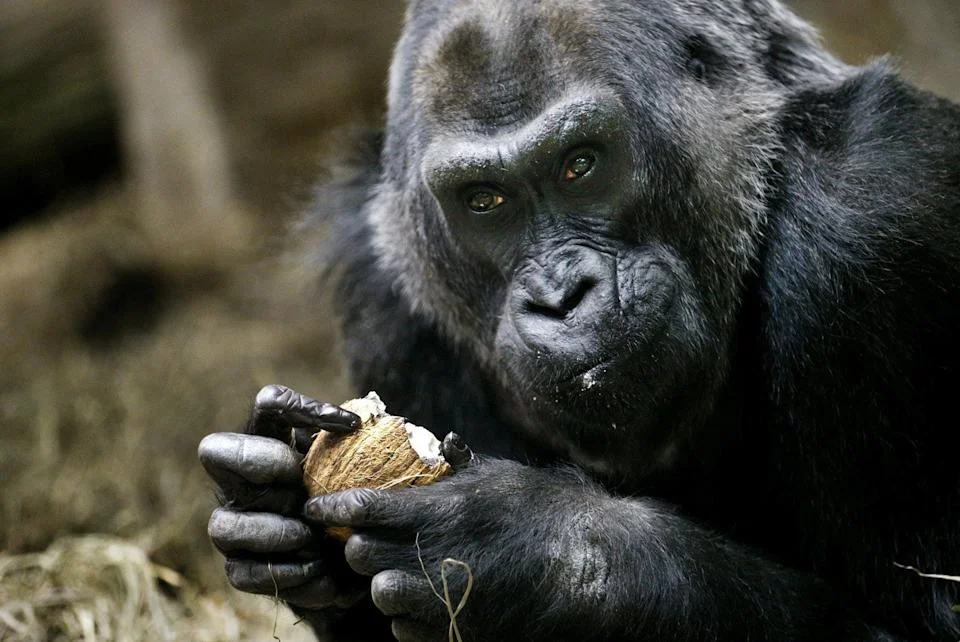
Remembering Colo: The Legacy of The World’s Oldest Gorilla
In the quaint halls of the Columbus Zoo and Aquarium, the tale of Colo, the world's oldest gorilla, reverberates with profound significance. On January 17, 2017, the zoo bid farewell to this remarkable matriarch, who lived for 61 years—a testament to resilience and the impact one life can have on the world around us.
Colo's backstory is nothing short of extraordinary. Born on December 22, 1956, she was the first gorilla known to be born in captivity, shattering the myth that gorillas could not thrive outside their natural habitat. Her arrival was an unexpected miracle; rejected by her mother, she was lovingly hand-raised by the dedicated zookeepers, thriving on baby formula. She was initially named "Cuddles," but became widely known as Colo, a name that honored her birthplace—Columbus, Ohio.

As one of the first gorillas born in captivity, Colo's legacy extended far beyond her own lifespan. Ultimately, she became a proud mother, grandmother, and great-great-grandmother—to a staggering total of 34 descendants. Her significance in the animal conservation community can’t be overstated; she is credited with paving the way for 378 other gorillas born in zoos worldwide, illustrating a pivotal shift in the reproductive prospects of gorillas in captivity.
Colo's life is a powerful reminder that animals, even in the confines of a zoo, can lead extraordinary lives. Her gentle spirit and nurturing nature touched the hearts of countless visitors and conservationists alike. The Columbus Zoo lovingly honored her memory, not only as a beloved attraction but also as a symbol of the hope that zoo conservation practices can redeem and aid endangered species.
As we reflect on Colo’s remarkable journey, one cannot help but ponder: what future legacies will new generations of zoo-born gorillas create for the planet? Will they inspire further breakthroughs in animal conservation, or will we rely solely on the last remnants of their wild counterparts? The story of Colo, the gorilla with an inspiring journey, sparks vital conversations on the ethical implications of captivity and conservation efforts.
We invite you to share your thoughts on Colo's legacy and the future of wildlife conservation. What are your opinions on zoos and their impact on endangered species? Comment below to join the conversation.